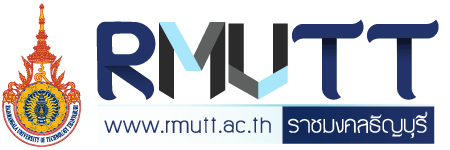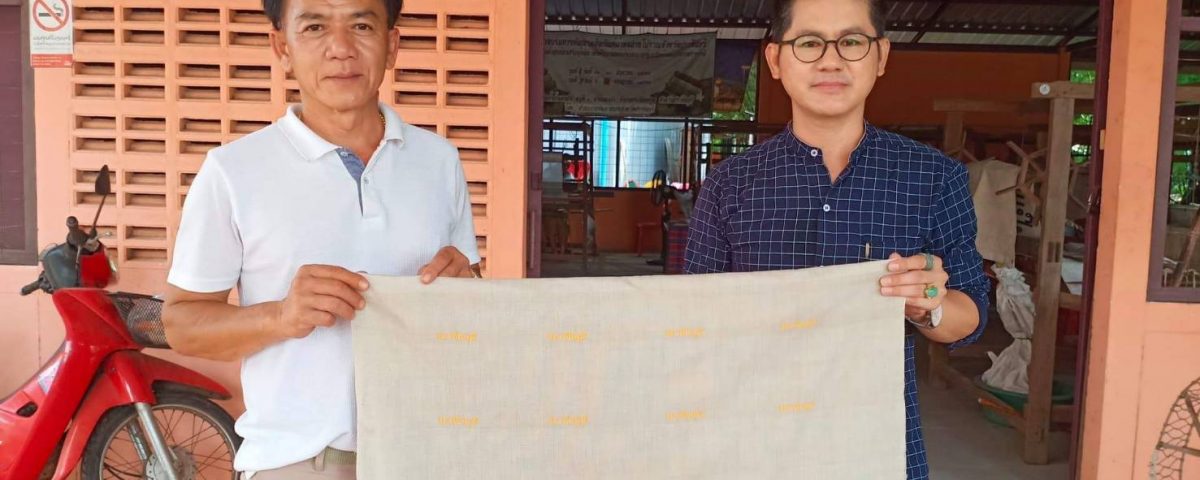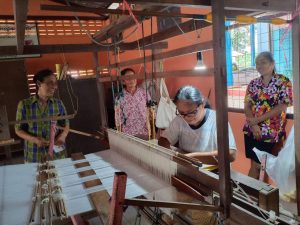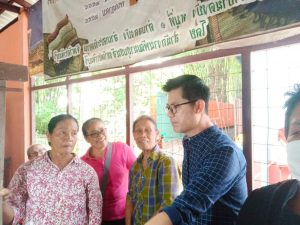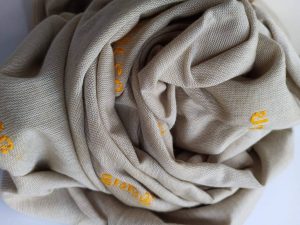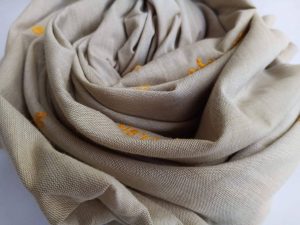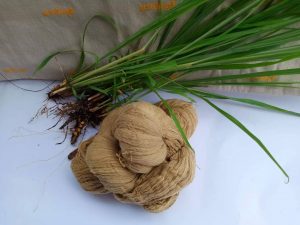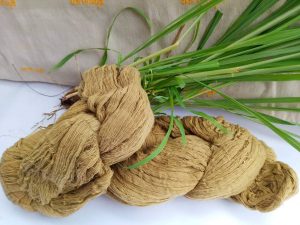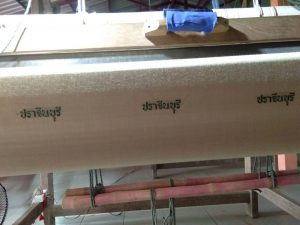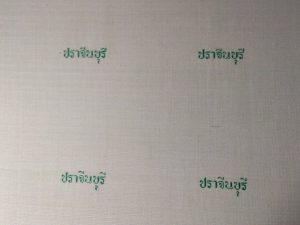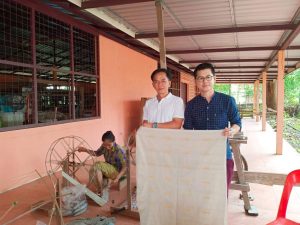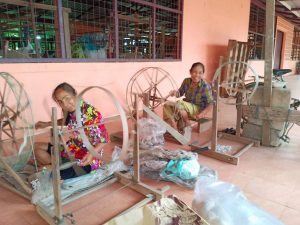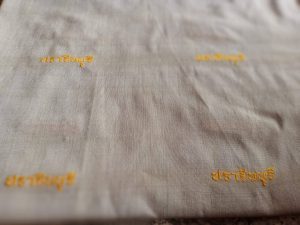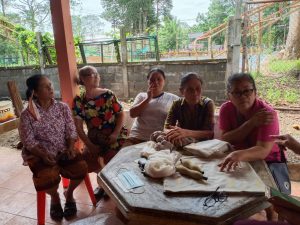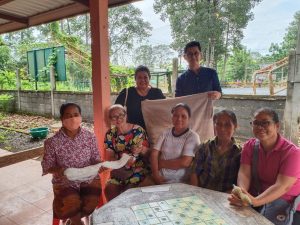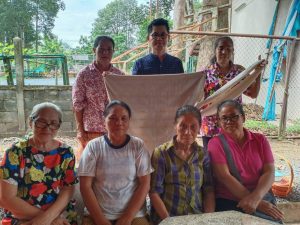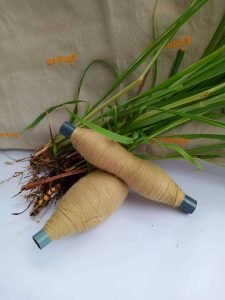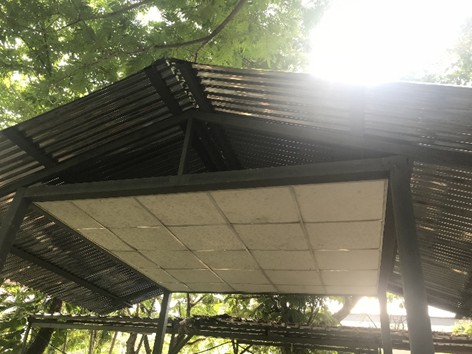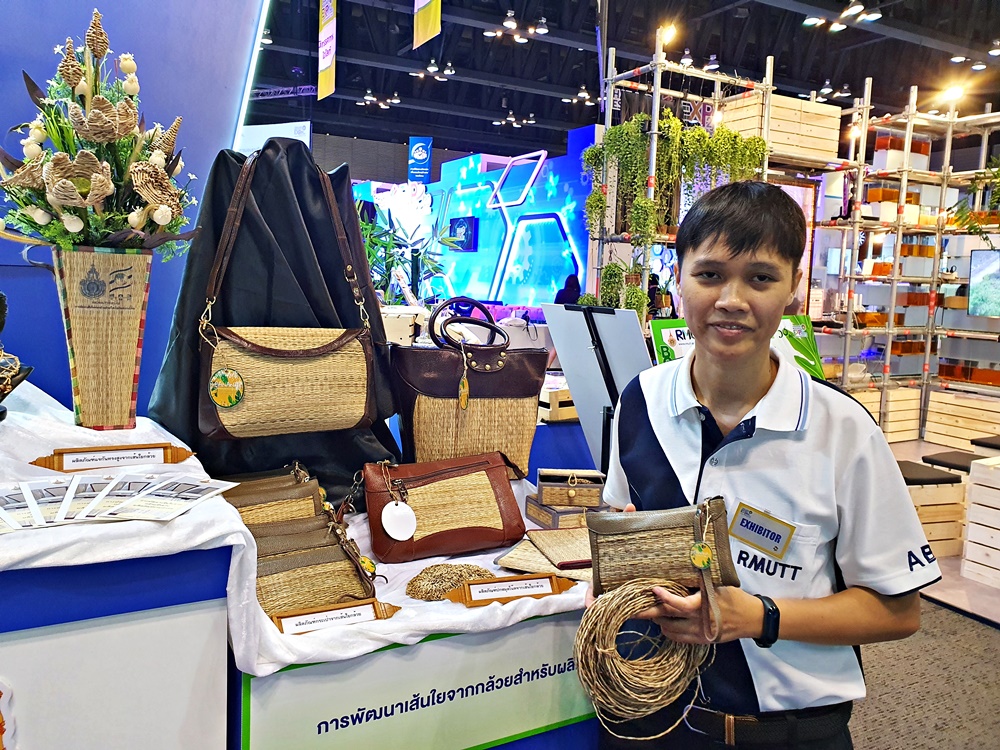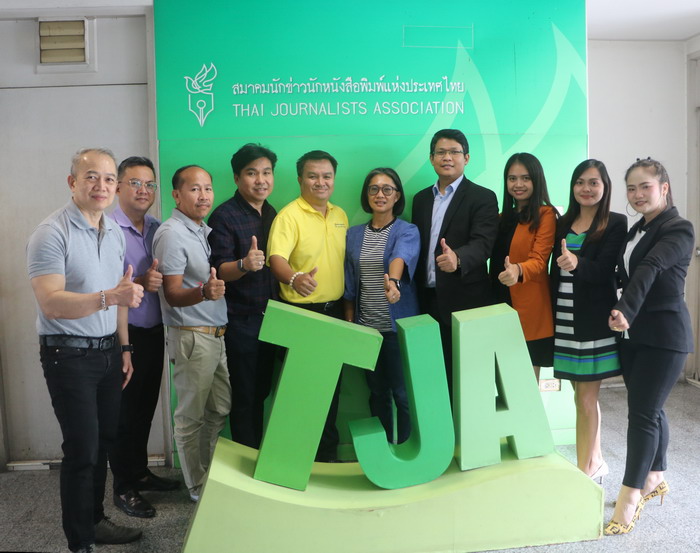
Thai Journalists Association appreciates RMUTT for organizing two “Training for Trainers” media training courses
01/12/2020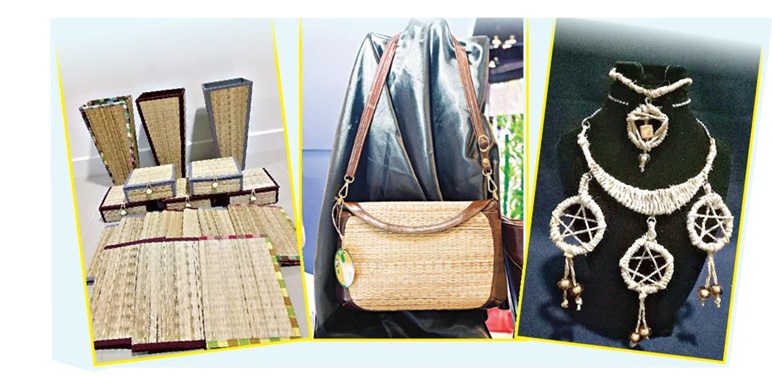
NEXT GEN Column: Value added banana fibers products from agricultural waste
01/12/2020RMUTT researchers explore natural dyes and produce fabric from lemon grass leaves.
Another fascinating research paper conducted by RMUTT scholar, Assistant Professor Kornnut Suksawat from the Department of Textiles and Garments; Faculty of Home Economics Technology had purposely been developed to add values to agricultural products. The aim of the research was to use leftover lemongrass leaves to help improve natural dyeing process in order to further develop fabric patterns. Under the One Tambon, One Product (OTOP) scheme, Office of the Permanent Secretary for Higher Education, Science, Research and Innovation had been providing funds to RMUTT researcher so as to conduct a research study that would help support Ban Dong Bang woman’s weaving group in Prachin Buri province to produce natural dye made from lemongrass. Asst. Prof. Kornnut Suksawat revealed that he had been collecting leftover lemongrass leaves as agricultural waste and developing them into natural dye for cotton thread as part of weaving process. The woman’s weaving group would then develop and design fabric patterns obtained from the natural dye made from lemongrass leaves, thus, making the product and modern. It could be said that either food dye and clothing dye were synthesized chemically, many of which were unsafe to the human health. The naturally made dye was considered to be safe to human and environment and yet beautiful for dyeing clothes. This naturally made material could commonly be found in community without the need of importing the dye from abroad. Moreover, the natural dyeing process could be learned by oneself thus showing the local wisdom of the group. Concerning the process of developing the dye, the weaving group had added Erminalia Catappa leaves to help make color more saturated and long-lasting. The mordant used in the process was done by swing alum in clean water and add rust to help increase the concentration of the color. Natural dye made from lemongrass leaves was considered safe, resistant to repeated washing, resistant to sunlight and iron, as well as environmentally friendly. The cotton threads had been dyed to weave and develop into fabric pattern, namely Prachinburi pattern. The pattern was then developed into fabric and dressing, therefore, to help raise the quality of OTOP and create unique identity for Ban Dong Bang weaving women group of Prachinburi. Those who are interested in the hand-woven fabric dyed with natural lemongrass leaves, please contact Ms. Pranee representative of Ban Dong Bang woman’s weaving group at 089-5454557.
